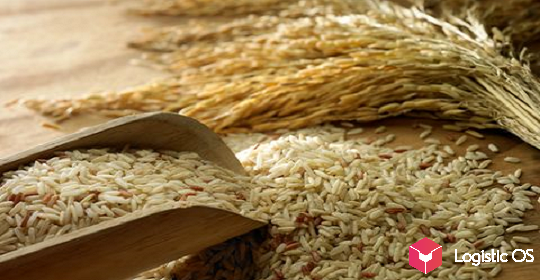According to the latest data, Uzbekistan entered the top 10 countries most actively purchasing Russian agricultural products in 2025.
Analysts report that from January to October 2025, Russian food supplies to the country increased by 15% compared to the same period the previous year, which can be considered a significant result.
Currently, the total volume of supplies in monetary terms is approximately $950 million.
Uzbekistan is also an active buyer of a wide range of agricultural products produced in Russia.
For example, it purchases a significant amount of sugar: in the first 10 months of 2025, it purchased $188 million worth of such products. Uzbekistan also imported $82 million worth of confectionery.
It is emphasized that import volumes have increased by 10% compared to the same period last year.
Finally, the country purchases a significant amount of soybean meal and cake from Russia. Despite a decline in such deliveries of approximately 25% this season, they still amounted to $61 million.
Furthermore, Russia has increased its food exports to this country in many other categories.
For example, bakery export volumes increased by 20%, cheese and cottage cheese by 34%, frozen fish by almost 50%, coffee by twofold, and poultry by threefold.
All this indicates that Uzbekistan is currently a strategic partner for Russia in the agricultural sector, experts say.
At the same time, prospects for further cooperation are far from exhausted. They are likely to continue to grow in the foreseeable future.
Some analysts believe that by 2030, the total volume of agricultural exports to Uzbekistan could reach approximately $1.4 billion. This would represent an increase of almost 50% compared to current trade levels.
Experts see great potential not only in increasing the volumes of products already exported but also in developing new categories.
In particular, an increase in exports of sugar, meat, fish, and dairy products is possible. Furthermore, sunflower oil is worth mentioning.
Regarding new categories, the first shipments of wheat flour from Russia to Uzbekistan took place last year.
Since Russia is one of the world’s leading wheat producers, if demand from that country remains stable, flour supplies there could become regular and increase, experts believe.

